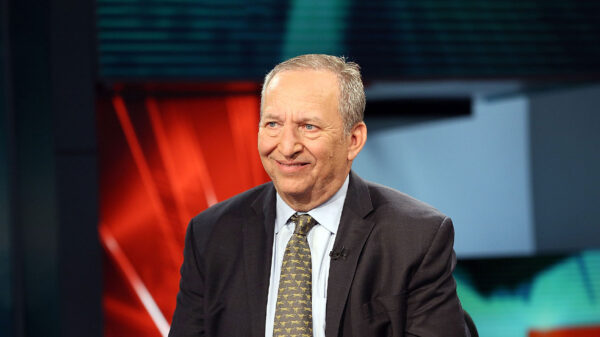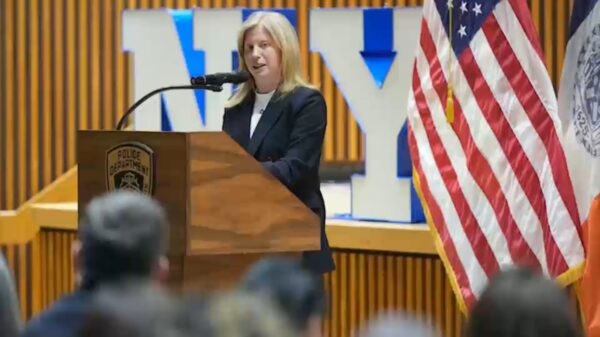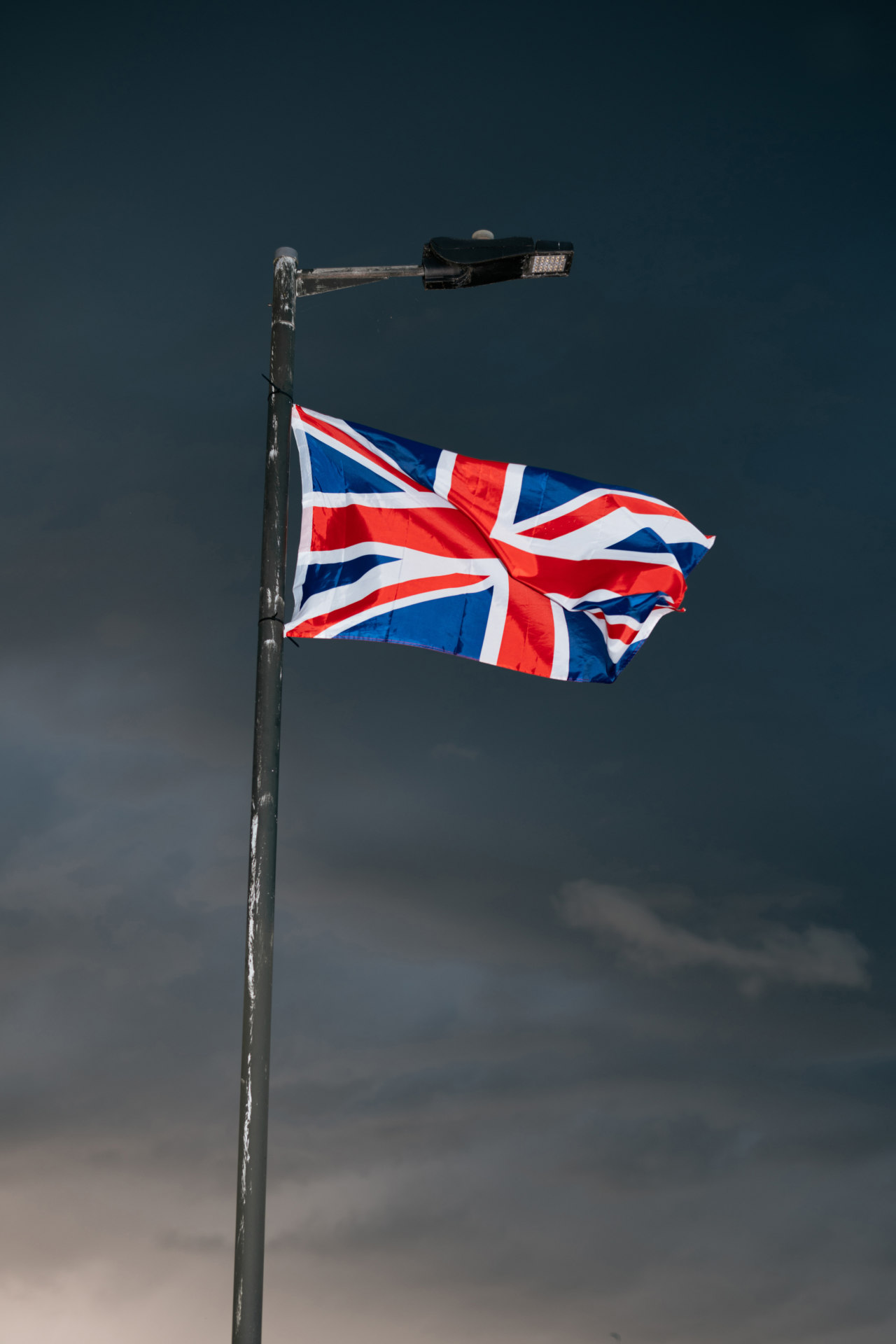A campaign to display the British flag prominently has ignited a heated debate across the United Kingdom. What began as a symbol of national pride has evolved into a contentious issue linked to rising immigration and growing sentiments surrounding national identity. This situation has prompted various groups to reassess the meaning of the flag in today’s socio-political landscape.
The flag-flying initiative gained momentum in March 2023, particularly among some local councils. Proponents argue that displaying the British flag is a way to celebrate national heritage. However, critics view this campaign as a veiled response to increasing immigration, suggesting that it signals exclusion or division. The British National Party (BNP) and other nationalist groups have seized on this momentum, using the flag as a rallying point for their agendas.
The discussion surrounding the flag is not merely about its visual representation; it reflects deeper societal tensions. Many citizens express concerns about immigration and its impact on local communities. According to a recent survey conducted by the British Institute of Public Opinion, over 60% of respondents indicated that they believe immigration levels are too high. This statistic underscores the urgency of the conversation and the flag’s role as a symbol in this ongoing dialogue.
Divided Perspectives on National Identity
Supporters of the flag campaign argue that it embodies a sense of belonging and unity. They emphasize the importance of national symbols in fostering community spirit. In contrast, opponents assert that the flag has become a tool for exclusion, often associated with far-right ideologies. This duality raises questions about the flag’s significance in contemporary Britain.
Many local councils have embraced the flag-flying initiative, stating that it promotes pride in their communities. However, some councils have faced backlash for endorsing such displays. Critics argue that these actions may alienate immigrant populations and further polarize communities. The debate is particularly pronounced in areas with significant demographic changes, where long-standing residents and new arrivals often exist in parallel rather than integrated communities.
In response to concerns, several councils have sought to clarify their intentions. For instance, the council in Birmingham issued a statement emphasizing that the flag represents unity, not division. They highlighted their commitment to inclusivity, aiming to celebrate diversity while still acknowledging British heritage.
Political Implications and Future Directions
The flag’s prominence in political discourse raises implications for upcoming elections. Candidates from various parties are likely to navigate this sensitive topic carefully, recognizing that public sentiment on immigration can significantly influence voter behavior. Political analysts suggest that parties will need to balance messages of national pride with calls for inclusivity to avoid alienating diverse electorates.
As the conversation continues, it is clear that the British flag will remain a flashpoint in discussions about identity, belonging, and immigration. The challenge lies in reconciling the flag’s traditional meanings with the evolving realities of a multicultural society.
The outcome of this debate will likely shape not only political landscapes but also community dynamics across the United Kingdom in the years to come. As society grapples with these issues, the British flag may serve as a reminder of how symbols can evoke strong emotions and differing interpretations, reflecting the complexities of national identity in a diverse world.



































































